I have always prided myself on being entirely reliable. Hmm. We all know what pride comes before don’t we?
I cannot apologise enough to Christina Marrocco for completely forgetting to post this ‘staying in’ evening yesterday when her latest book was published. Christina did everything I asked, sending me all I needed well in advance and my brain went on holiday. I do have an excuse but that’s not the point!
So, with an embarrassed red face and huge apologies, 24 hours later than intended, I am staying in with Christina,
Let’s find out more:
Staying in with Christina Marrocco
Welcome to Linda’s Book Bag, Christina and, with my apologies once again, thank you for agreeing to stay in with me.
Tell me, which of your books have you brought along to share this evening and why have you chosen it?
I’ve brought my new book, The Way Beauty Comes Apart. It’s my second book and one that’s really been a labour of love and of research—and of deep, deep work. I think it’s a book that’s really going to resonate with readers as it faces life and human sufferings and fallibilities face on.
Ha! I think I’ve illustrated fallibility right here! What can we expect from an evening in with The Way Beauty Comes Apart?
The Way Beauty Comes Apart is a novel in stories told by the dead, set in the Edwardian and Victorian eras in North West Wales. I’ll let that sink in.
What an irony and how fascinating. I’ve been dealing with the recent death of my Mum (which is why I forgot about our evening together) and when you sent me your responses I was actually on holiday in North Wales. Tell me more.
There are 14 narrators who each tell the story of their own life, and because they are a community, they also tell of one another. The genre is literary historical fiction, but I’d say with a perhaps supernatural bent and lots of humour.
The Way Beauty Comes Apart sounds very much my kind of read.
It’s a hard book to pigeonhole. It’s very much a novel in which the setting—a village in North West Wales is prominent and present. This is because I believe that places are very much in their people and also that the people leave themselves behind, sort of glowingly smeared on the places they live. I read Edgar Lee Masters’ Spoon River Anthology as a young adult and that left a mark on me. And while writing this book, I came upon Cre Na Cille as well, and while this book is distinct from those—it does seek the same sort of impact. A memento mori that’s lively and real. And an acknowledgment that we live lives of paradox.
Oh, I agree entirely that we impact, and are impacted by, the places we visit and the books we read. But, you’re not based in Wales so how difficult was it to write about?
I also want to mention that in order to write with respect and sensitivity about a culture and setting outside of my own, I conducted soooo much research, read every historical and fictional account of the region I could get my hands on, and also worked with Welsh editors and readers in order to get everything just-so.
That sounds like diligence! Do you have a passage you could share with us from The Way Beauty Comes Apart?
I do. I’ll let two characters introduce themselves:
Cranstal Jones:
Cot death is what they called it, those neighbourly women who came to the door with seed cakes and condolences, who arrived with baskets full from here in Nefin* and the farms surrounding. How they whispered, after Elen, as if speaking loudly would draw death’s attention to themselves and their own children. As if it might bring the little people to leave changelings for them. When I saw these same women out in the world, they scurried away from me like crabs on the shore. No matter if I were off to the shop or down to chapel. Surely, their hurry was much to do with my dead baby, with cot death. But it wasn’t that alone, and I knew it. The other thing that kept them an arm’s length from me was this: I’d come from outside. The Manxwoman is what they called me. Gwilym said they aren’t so clannish as that and it was mainly in my head. He said that I’m no foreigner if I’m his wife. But Gwilym has always been liberal with the benefit of the doubt.
Twm Gethin who turns out to be quite a villain:
Twm Geth, here. Gethin if you want to say it proper. Steward at the quarry and a man with a prime small holding, no landlord hovering over me. Kind of steward gets to come into the main office—that kind. Began as a low-down cutter, just like most in the quarry. Made my way up and fast,too, which is most unusual. Too fast for the likes of some in the office, especially those who came from down south and such. Those who thought themselves better than us locals. But I never got full of myself or above myself. In fact, I made it my habit to have a pint with my friends any payday to show them that I was still one of them, always would be.
The most important thing about me is I was known all around these parts as an honest man. Never thought myself better than another man, never thought myself worse. And what’s more and is most unusual, I can say I never told a lie, ever. And me saying so would be true! Now, I certainly have done some wrong in my life. To do some wrong is the option of every man so long as he atones for it later.
There’s a definite authentic Welshness there Christina!
What else have you brought along and why have you brought it?
Home-made Kombucha—I’ve begun a bit of an obsession with kombucha.
Also, a photo of my own hand and the wool streaming out on the strand as it was an initial and then repeated visits to Nefyn and Lilthfaen that made me write this book.
My husband is going on a residential Welsh language course in Nefyn very soon and we were on that very beach on 3rd August when it was his birthday!
Also, last thing, I have a sharp fork—my mother gave it to me recently. It’s an institutional fork—and it belonged to my great grandfather who had TB. He lived in a sanitarium off and on and always ate with his own fork. Items like this—and attached stories—remind us of the nature of things. And all of this: hope, kombucha, imagination and fancy, and gritty reality make literature and they make up life.
You are absolutely right – and here’s another co-incidence; my mother had TB as a child…
Thank you so much, Christina, for staying in with me to chat about The Way Beauty Comes Apart. If you’d like to serve up some kombucha, I’ll give readers a few more details:
The Way Beauty Comes Apart
The Way Beauty Comes Apart is a transportive and magical, yet grittily real account of life told by the dead of Nefin, a close-knit, fictional community in North West Wales. Entangled characters who cannot but both love and hate one another weave beautiful cloth from what it is to be human– and sometimes horrible. Cranstal Jones stands behind the bedroom curtains, gazing out at little graves, struggling to keep her sanity, trying to appease the “fair folk” and understand why loss keeps coming for her. Lili Morgan plots to leave Nefin for London but is thwarted by a vicious attack which sends unseen ripples through the entire community for lifetimes to come.
Even as her attacker, Twm Gethin, claims he cannot tell a lie, he becomes a dangerous master of omission whose own heart will also break on the rocky coast. Grandmother and Granddaughter midwives-the Dafydds-tend to the birthing, the dying, and the languishing, keeping to their craft even as modern medicine eclipses ancient practices. These and other disarmingly real characters speak directly to readers from the places they last drew breath. They take readers deep into their lives, their time, their deaths, their “truths,” and ultimately their accounts of one another.
Published yesterday, 25th August 2025, The Way Beauty Comes Apart is available for purchase here.
About Christina Marrocco
Christina Marrocco is an award winning author from the Chicago area. Her latest release The Way Beauty Comes Apart is a novel-in-stories set in Wales and told by the dead. Her 2022 debut novel, Addio, Love Monster won the Book of the Year award from the Chicago Writers Association.
Christina writes character-driven accounts of life that are visceral and transportive. Her work often showcases working-class people, the realities they face, and the landscapes they inhabit. Christina has a deep interest in ancient beliefs and practices, and this shows in her novels, essays, and poems. Her doctoral dissertation, The Evil Eye in Italian American Literature established her reputation in ethnic studies. An eclectic writer, she’s also a poet whose work has appeared in many journals including Ovunque Siamo, The Laurel Review, Silverbirch Press, House Mountain Review, Red Fern Press, and Voices from the Attic.
Christina teaches Creative Writing and other courses at Elgin Community College.
For further information, visit Christina’s website and find her on Facebook.


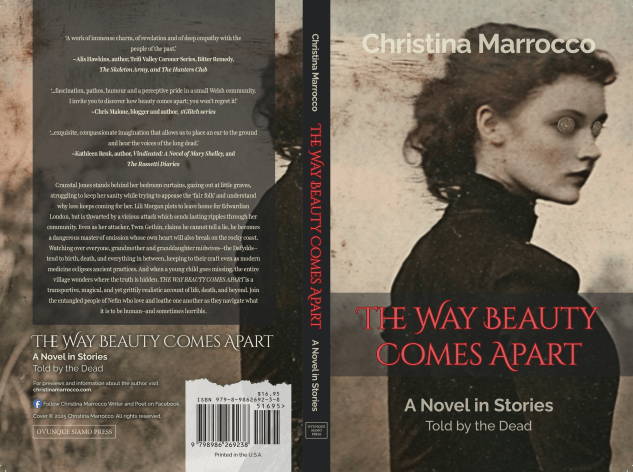
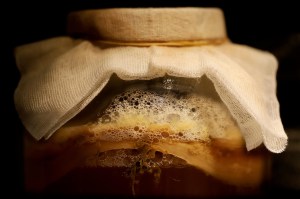
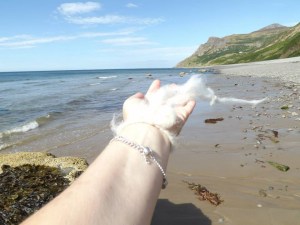
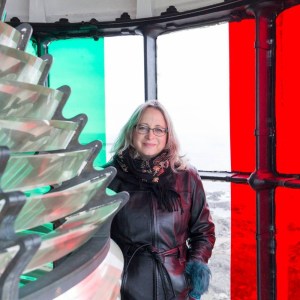

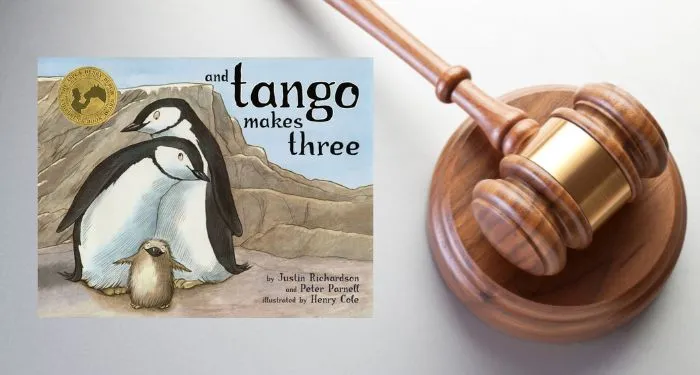






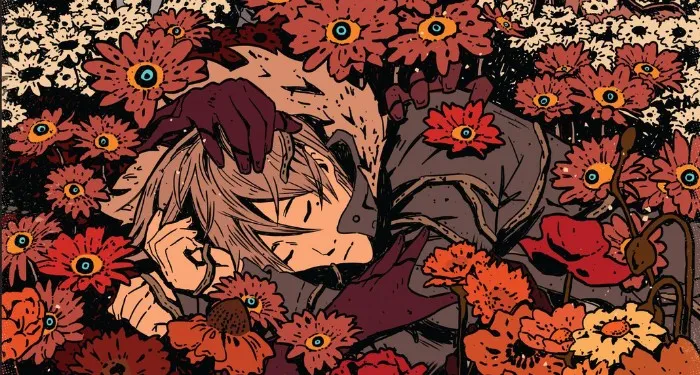


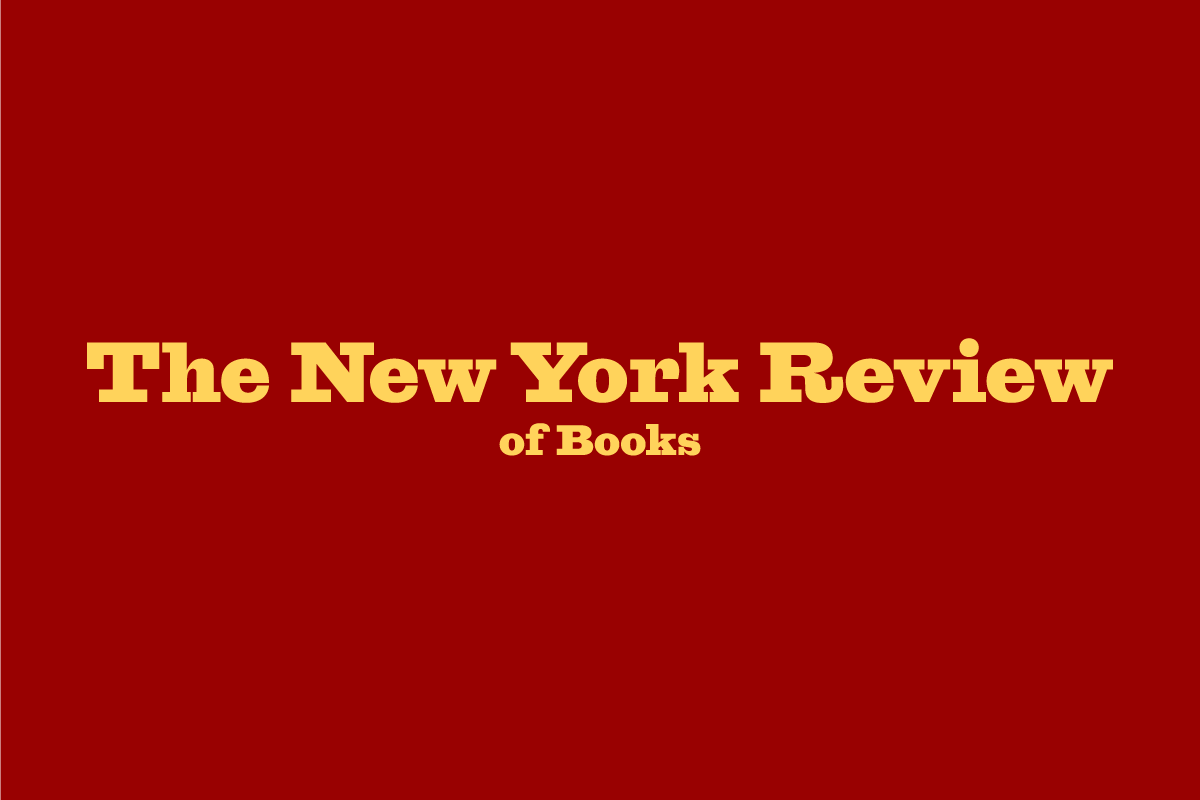





 English (US) ·
English (US) ·